
HD 100546 System YouTube
List This is a dynamic list and may never be able to satisfy particular standards for completeness. You can help by adding missing items with reliable sources. The sizes are listed in units of Jupiter radii (71,492 km). All planets listed are larger than 1.7 times the size of the largest planet in the Solar System, Jupiter.
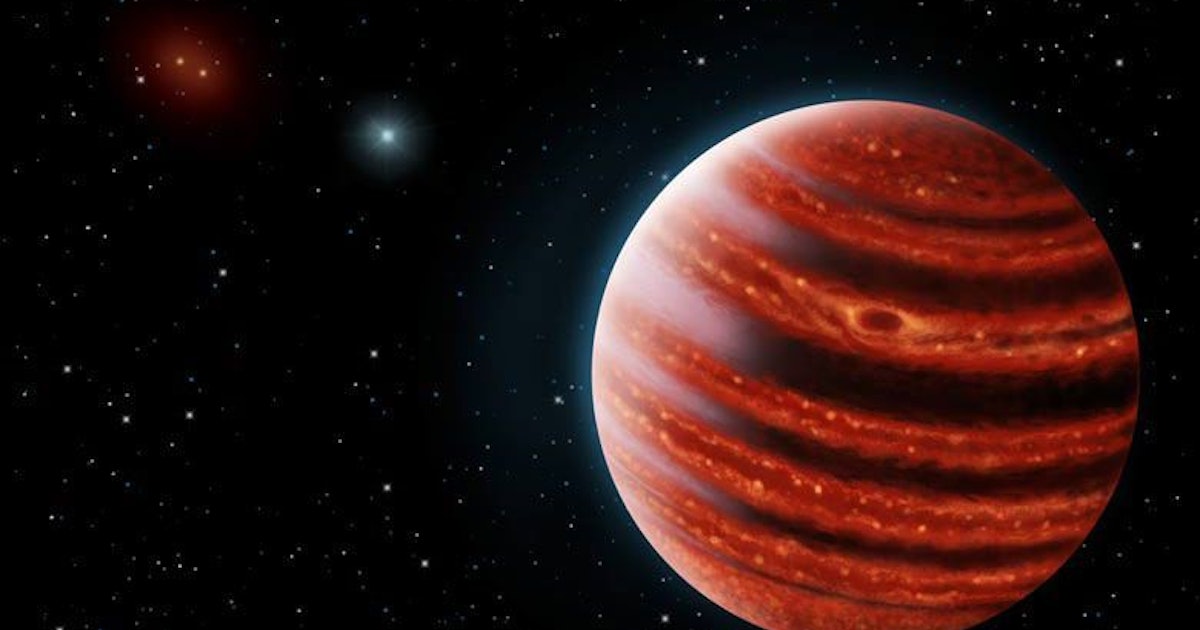
Astronomers Just Discovered a Cradle of Baby Jupiter
HD 100546 b is the largest known exoplanet in the Milky Way and is thought to be located in the center of the Galaxy. KR Muscae is located on HD 100546, also known as HD 100546. It has a radius of approximately 6.99 times that of Jupiter, according to estimates. It's possible that this planet isn't even a planet, but rather a brown star.
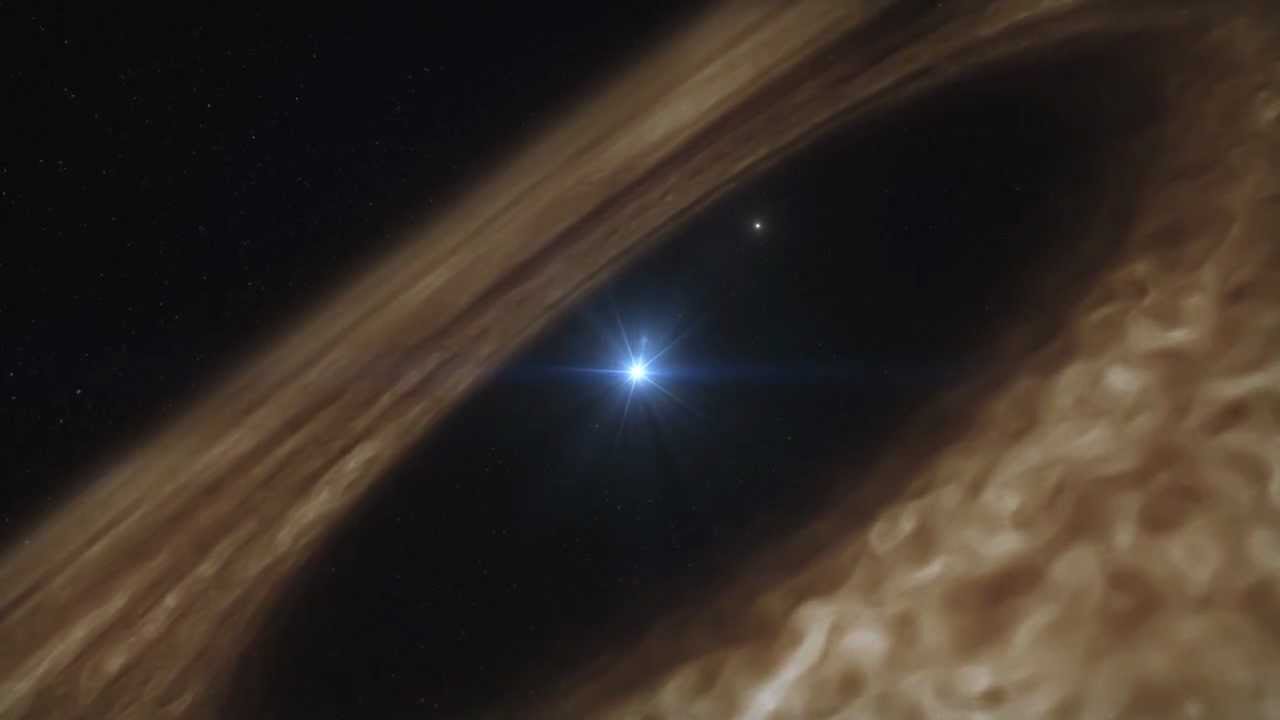
HD 100546 UNA JOVEN ESTRELLA QUE ILUMINA A LA LEJANÍA
HD 100546 b is a massive red gas giant with flowy storm bands and white cloud-like features resembling eyes. Its arms are made of gas and dust clouds, appearing less solid than the rest of the planet. This exoplanet is the largest one known, but there's a debate about whether it's truly a planet or just the surrounding gas and dust clouds.

HD 100546 b The Universe of The Universe Wiki FANDOM powered by Wikia
HD 100546 b is a candidate extrasolar planet (exoplanet) that orbits the star KR Muscae in the constellation of Musca. The planet was discovered in 2005 using the default detection method . An exoplanet is a planet that orbits a star other than the the Sun. Information
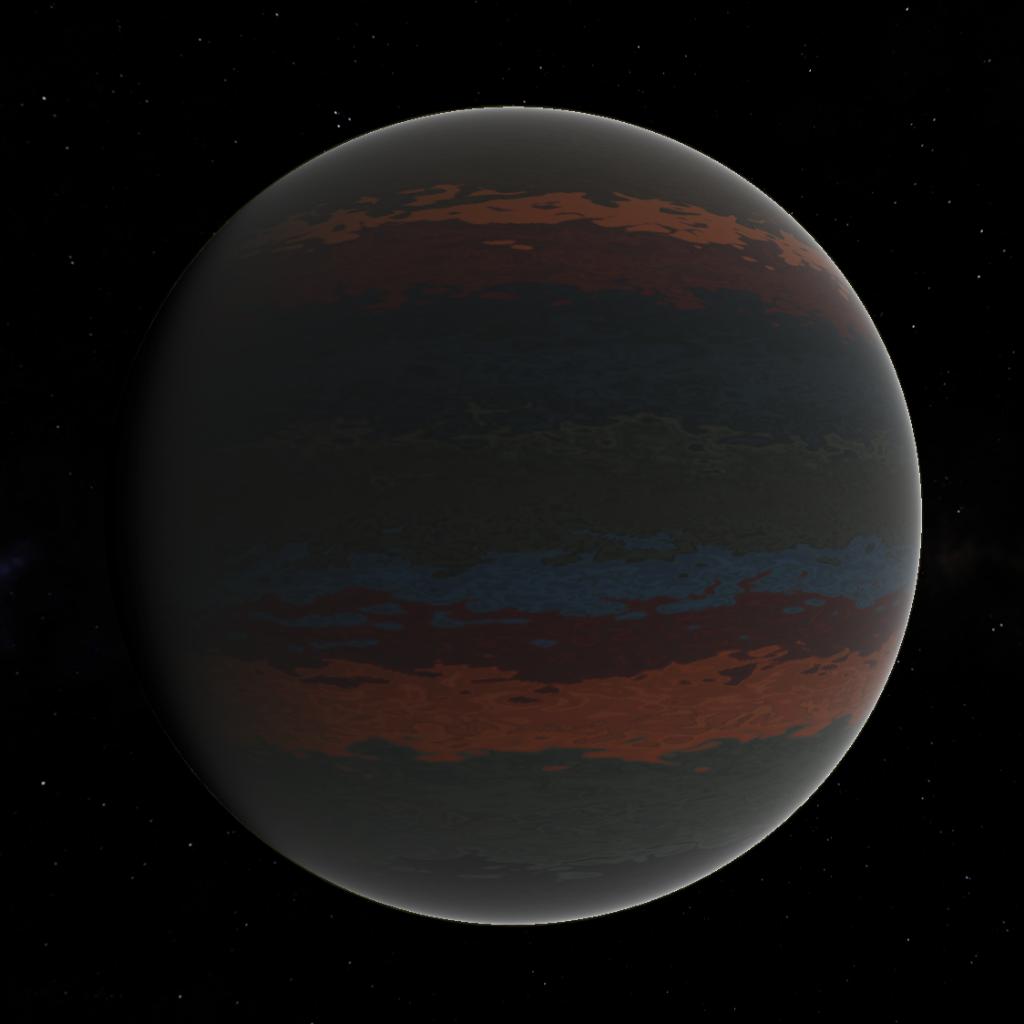
Juno New Origins HD 100546 B
Despite the uncertainty of the planet's properties, a 2017 study calculated HD 100546 b as a very highly reddened substellar object with a good-fit effective temperature of 2,630 K and a planetary mass and radius of 25 MJup and 3.4 RJup, making it still nonetheless one of the largest exoplanets discovered by size. [25]
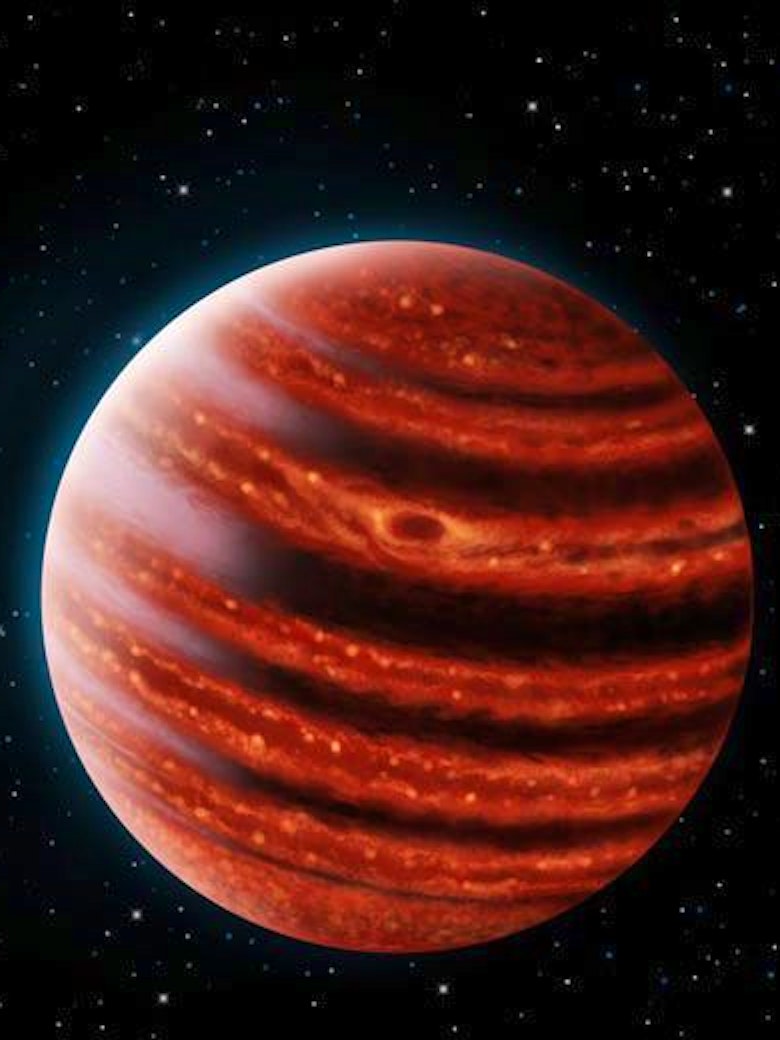
Astronomers Just Discovered a Cradle of Baby Jupiter Inverse
Image This artist's impression shows the formation of a gas giant planet in the ring of dust around the young star HD 100546. This system is also suspected to contain another large planet orbiting closer to the star. The newly-discovered object lies about 70 times further from its star than the Earth does from the Sun.
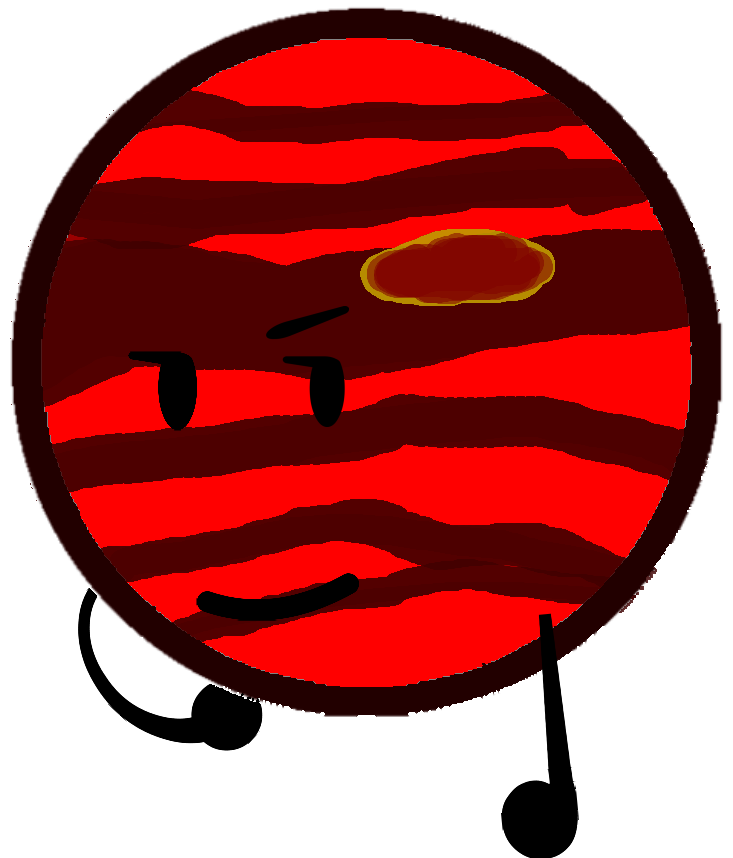
HD 100546 b Gallery Weird and wonderfull space Wiki FANDOM powered by Wikia
"HD 100546 b" or "KR Muscae b" is a large gas giant exoplanet or a sub-brown dwarf star orbiting HD 100546 6.5 AU away from its host star. [1] HD 100546 b might be the largest exoplanet discovered because it is exactly 7.0560720927 times the diameter of Jupiter which is 986,580 km. Protoplanet
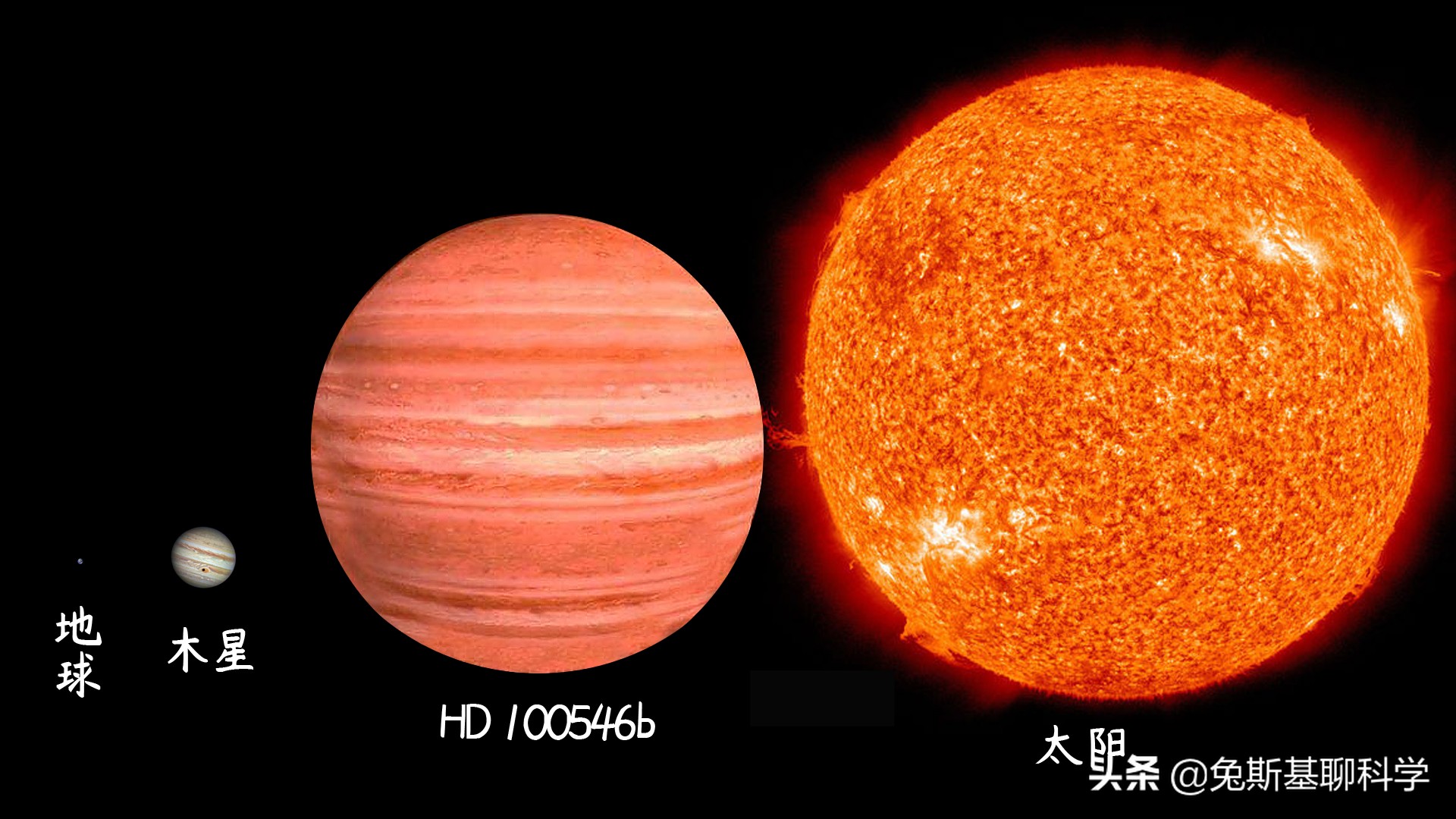
¿Cuál es el objeto más grande que existe en el universo? Radio Pinamar FM 100.7
Gravity Simulator | HD 100546 b - Exoplanet With the Largest Radius NaN years, NaN months, NaN days 3D visualisation and gravity simulation of the exoplanetary system HD 100546, which contains 1 exoplanets and was discovered by the Paranal Observatory.

HD 100546 b YouTube
About Press Copyright Contact us Creators Advertise Developers Terms Privacy Policy & Safety How YouTube works Test new features NFL Sunday Ticket Press Copyright.
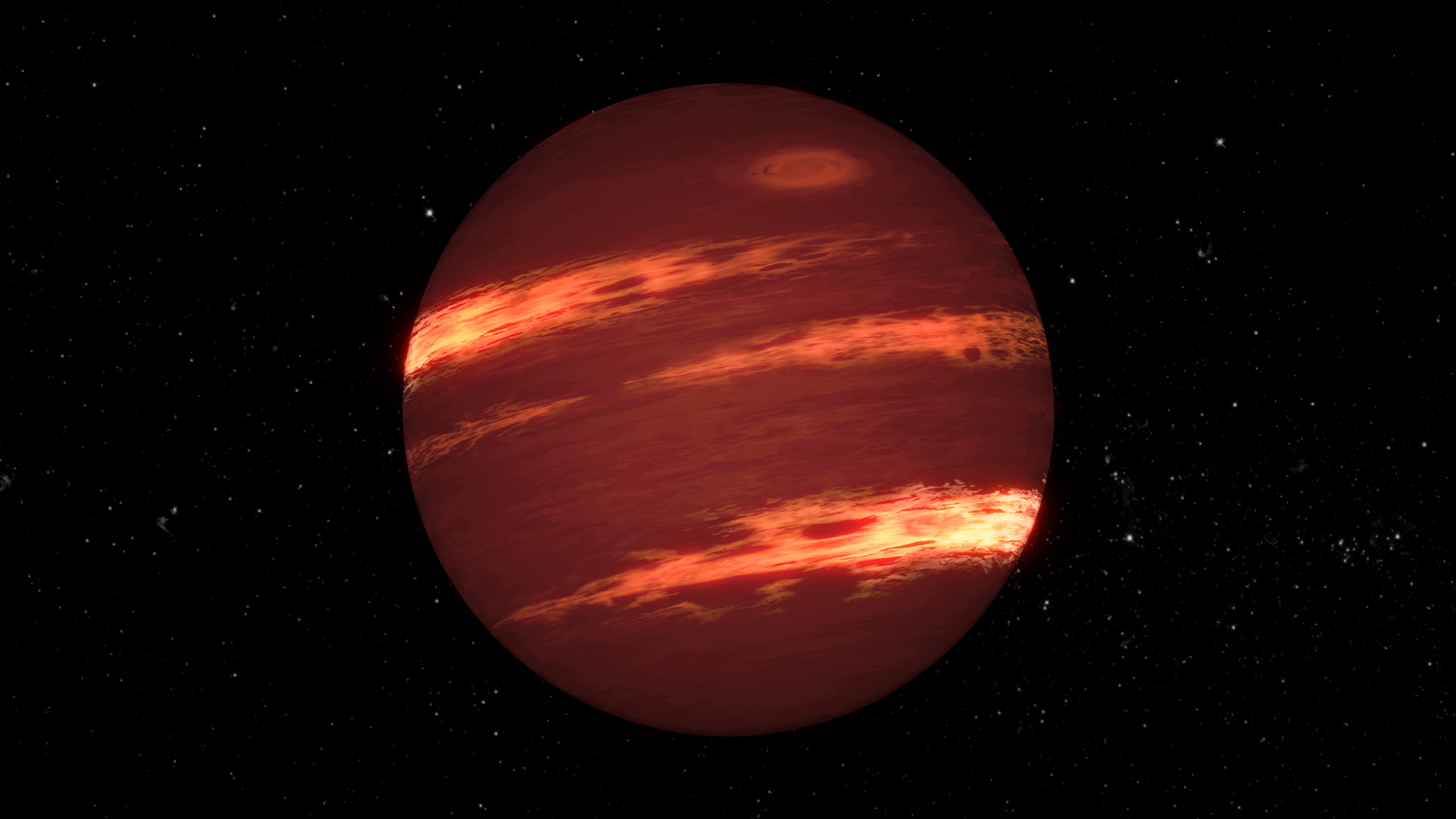
Can a star turn into a
The Protoplanet HD 100546 b One of the most interesting questions is whether we can put some constraints on the mass of the protoplanet. While all "hot-start" models predict masses of at least 5 , additional observational results question the presence of a high-mass protoplanet.

HD 100546 b, YouTube
The first known super Jupiter, HD 100546 b, was discovered in 1996. Jupiter is the largest planet in our solar system in terms of composition and size, but it is only 11 times the size of Venus. binary systems are clusters of stars that have gravitationally bound to one another.

カテゴリ vnd54f6hdの通販 by Anita's shop|ラクマ ために
HD 100546 b might be the biggest planet in the universe, but is it the only one? What are the biggest exoplanets? Are there more planets like HD 100546 b? Th.

Los 10 más grandes del Universo
This is the link with the canonical url: HD 100546 b Detailed information about planet HD 100546 b and its parameters.

HD 100546 b Object Cosmos's Wiki Fandom
We would like to show you a description here but the site won't allow us.
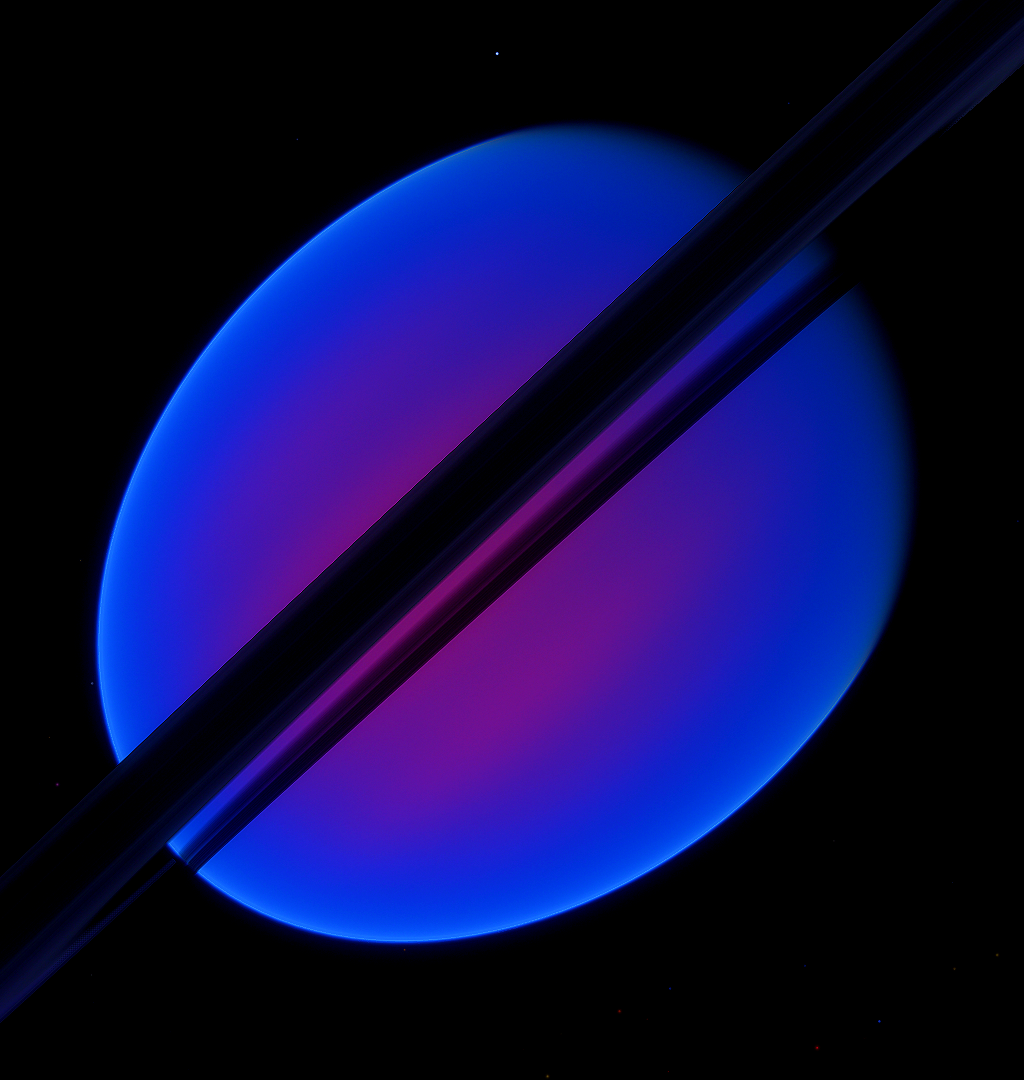
HD 100546 B Space Engine Database Wiki Fandom
HD 100546 b is a gas giant exoplanet that orbits a B-type star. Its mass is not well defined; it takes 249.2 years to complete one orbit of its star, and is 53.0 AU from its star. Its discovery was announced in 2014. HD 100546 b's mass is not well defined.

HD 100546 b Analogue Addon Discussions Kerbal Space Program Forums
HD 100546, also known as KR Muscae, is a young B-type main sequence star about 358.84 light-years away in the constellation Musca. Initial observations point out that it may harbor the largest planet ever discovered, around 6.9 times the size of Jupiter. However, it is more likely the measured radius is not of the planet itself but the debris disk that surrounds it.